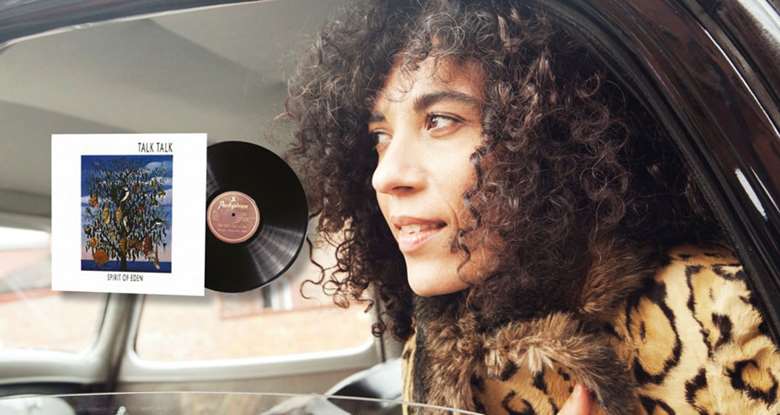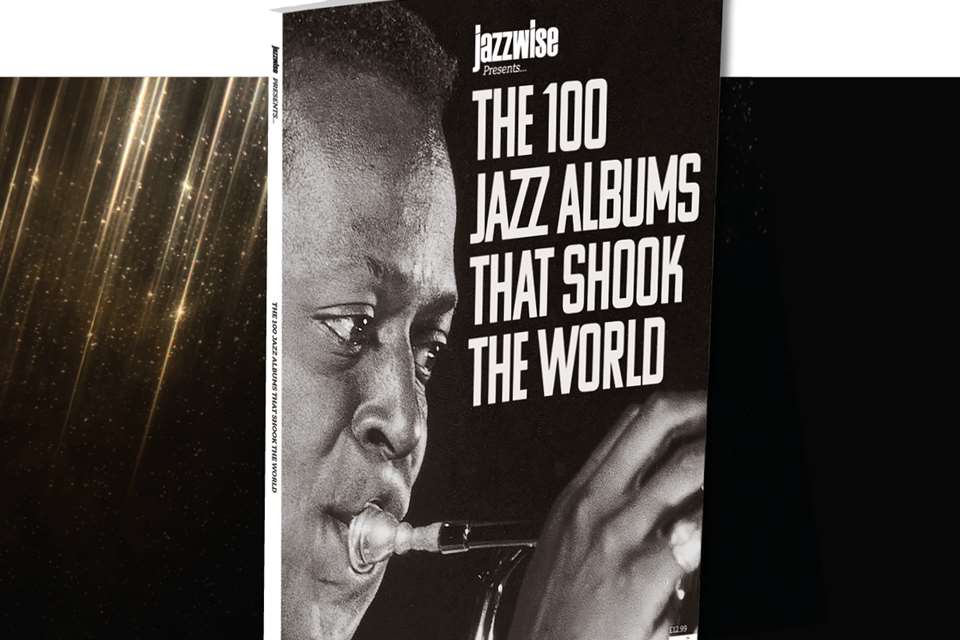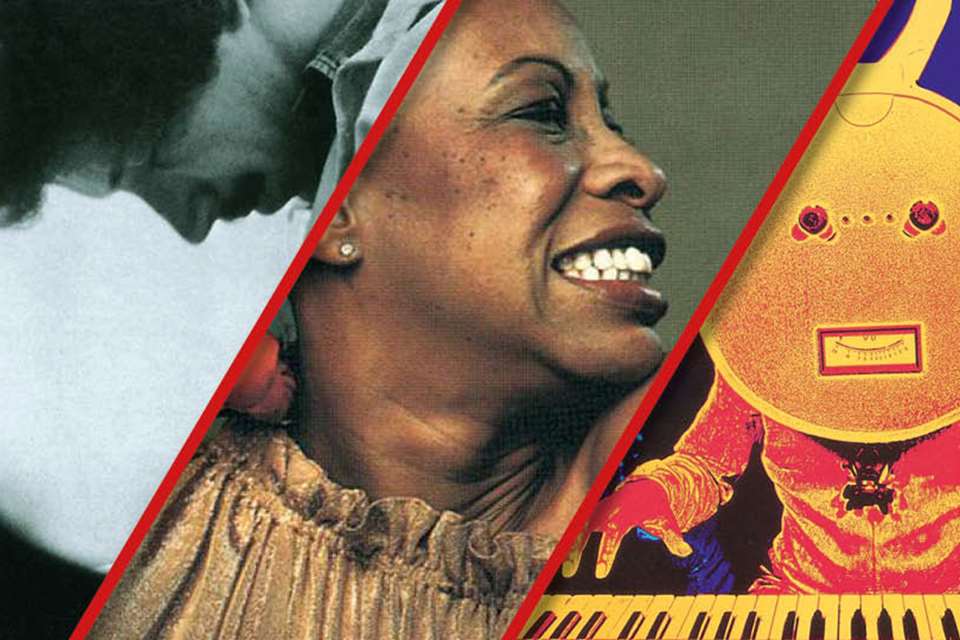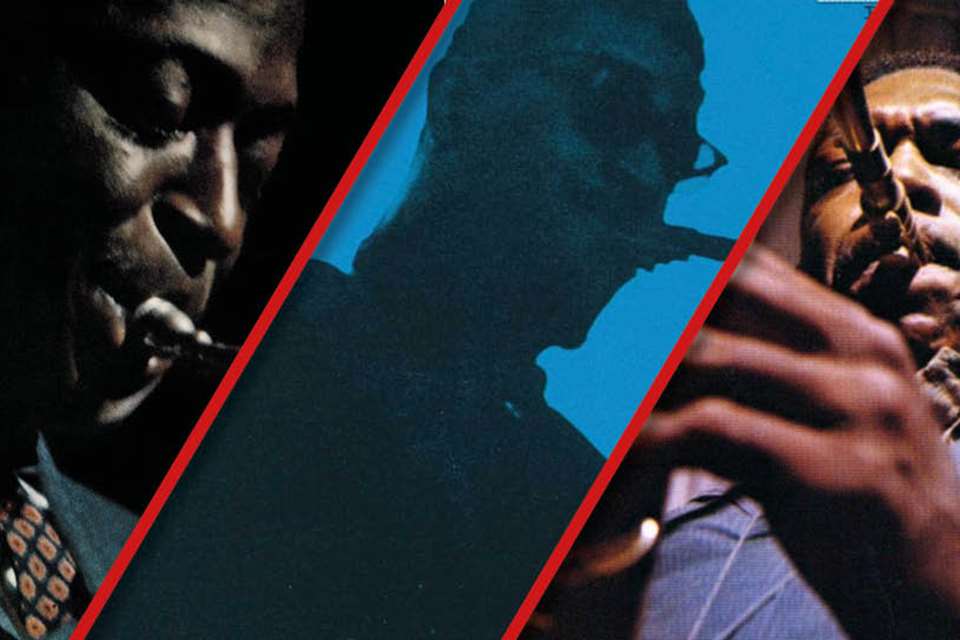Life-changing albums: Talk Talk's 'Spirit of Eden'
Monday, October 25, 2021
Vocalist and songwriter Julia Biel talks about the album that changed her life, Spirit Of Eden, by Talk Talk

I heard this album during my first year at university. It was, shall we say, a difficult time for me. I’d been continually listening to Pink Floyd’s Dark Side of the Moon; then a friend at my college, who I often talked to about music, introduced me to this record – and I had it on loop for months! I enjoyed how it luxuriated in space and time. I found it extremely comforting, and urge everybody to seek it out. I was living on the ground floor in a quad and I had my window open, so the whole quad heard this album – a lot!
I didn’t know then that the album had been recorded in darkness over a year. They got in a load of different people who were asked to play stuff in a dark studio – they must have been given a tempo and a key, I suppose – and then, Mark Hollis, the founding member of Talk Talk, and his producer [Tim Friese-Greene] pieced the album together from everything. Apparently, they tried every possible permutation of what they’d recorded. Mark then wrote lyrics over the top.
It was a bold move because they’d had a big hit with their previous album, The Colour of Spring, which was much more commercial. In the intervening period – and again, I found this out subsequently – Mark’s brother had committed suicide. So you can imagine, it goes quite deep, as he is trying to work through all of his feelings. Actually, he’s denied it has anything to do with his brother; but it certainly has a profoundly spiritual quality to it. This music seems to come from a subconscious place. I think part of what drew me to it was that it had this sort of religious ambience. Not that I’m a religious person, but the way music can be so spiritually moving is contained in that album. I don’t know whether it had such a big connection with me also because I was coming from having heard and performed a lot of choral music in my adolescence – Fauré’s ‘Requiem’, Handel’s ‘Messiah’, things like that.
There are lots of things on the album that you wouldn’t usually put next to one another – the marriage of driving rock guitars with overlaid oboe arrangements is quite odd! It was criticised for sounding like a free jazz album, because it’s got that element to it as well. There are long stretches where there’s just one instrument moving slowly and wistfully through its melody before it comes to a groove. But everything is very precisely placed, as you would expect from something that took so long to assemble. So when the grooves come, they’re extremely meaningful – every instrument, every sound is drenched in meaning – and at the same time, there’s a lot of restraint in it. It’s driven by an urge to go as deeply as possible into the realm of rock music, trying to make music with all kinds of instruments. It’s quite trippy – I’m drawn to things that are quite out there and take you on a journey.
‘It’s got such innate wisdom and a purity that cuts through to the essence of whatever state of mind I might be in’
I love the way it has space and also extreme dynamic shifts. That’s a real success of how the record was mixed. It’s difficult to handle extreme dynamics and it was done amazingly – the sound of this record is incredible. Maybe that’s why it hasn’t dated at all, and also probably because they were using real instruments. It sounds like a contemporary classical piece.
I should talk about his singing too. It’s clearly untrained, but very heartfelt, and emotive, and powerful. You mostly can’t hear what he’s saying, but you catch odd words like ‘salvation’ or ‘ascension’ or ‘flesh’ that reinforce the spiritual thing. I still listen to it now and it still speaks to me – not just nostalgically. It’s got such innate wisdom and a purity that cuts through to the essence of whatever state of mind I might be in.
I wasn’t making or performing music at that time; but I think it awoke in me the urge. It revealed to me that music could be very potent; and I think that attracted me subconsciously to music as a thing to pursue. I think the direct influence on my musical practice is through things like dynamics, which I’m very interested in; and also space in music – I try to bring that to my work. Plus, the attitude: the music isn’t afraid to tackle big subjects, to paint them using sound. For me, at least, this record set the bar very high!
Interview by Brian Glasser.
This article originally appeared in the August 2018 issue of Jazzwize magazine. Never miss an issue – subscribe today



